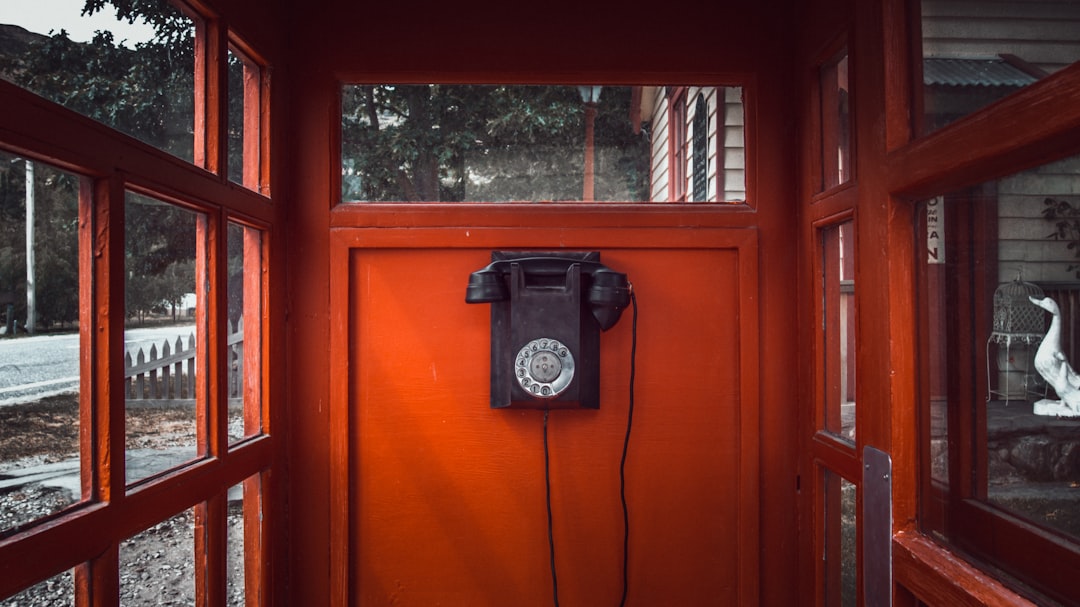In Pennsylvania, understanding and adhering to No Call Laws is vital to protect residents from unwanted telephone solicitations like robocalls. These laws restrict business calling times and require explicit consent for marketing calls. Consumers can document and report unsolicited calls, file complaints with the Attorney General's Office, and seek compensation through specialized No Call Lawyers or firms. No Call Lawyers in Pennsylvania help residents navigate these laws, send cease-and-desist letters, file complaints, and take legal action against spam callers. Individuals should register on the Do Not Call Registry and consult these experts to combat persistent spam calls effectively.
Tired of relentless robocalls? You’re not alone. In Pennsylvania, understanding and leveraging No Call Laws is crucial to reclaiming your peace of mind. This comprehensive guide navigates the intricate landscape of No Call Laws in Pennsylvania, empowering you with knowledge about your rights and the actions you can take. From identifying spam calls to seeking legal recourse against violators, learn how to protect yourself from intrusive automation. Discover effective strategies to prevent unwanted robocalls and consult top-rated No Call Lawyer and No Call Law Firm specialists in Pennsylvania for expert advice.
Understanding No Call Laws in Pennsylvania: A Comprehensive Overview

In Pennsylvania, understanding and adhering to No Call Laws is paramount to protect consumers from unwanted telephone solicitations, often referred to as robocalls. These laws are designed to give residents control over their phone lines by restricting when businesses can call and requiring explicit consent for marketing calls. The No Call Law in Pennsylvania prohibits telemarketers from making automated or prerecorded calls to residential telephone numbers without the prior written consent of the caller.
Violations of this law are taken seriously, and consumers have rights to take action. If you’ve received unsolicited calls, especially from a No Call Lawyer or Spam Call Law Firm in Pennsylvania, don’t ignore them. Document the calls, including the date, time, and company information. You can file a complaint with the Pennsylvania Attorney General’s Office, which actively enforces these regulations. There are also No Call Lawyers and Law Firms dedicated to assisting residents in navigating these laws and seeking compensation for any harassment or disruption caused by robocalls.
The Role of a No Call Lawyer/Attorney: Protecting Your Rights

In the face of incessant robocalls, a No Call Lawyer or Attorney in Pennsylvania plays a pivotal role in safeguarding your rights as a consumer. These legal professionals are well-versed in the state’s no call laws and spam call regulations, designed to curb unwanted telemarketing calls. They can help you understand your rights under these laws, which prohibit companies from making automated or prerecorded phone calls to residential telephone numbers without prior express consent.
If you’ve been plagued by nuisance calls, a No Call Lawyer in Pennsylvania can take action on your behalf. They may send cease and desist letters to violators, file complaints with regulatory bodies, or even pursue legal action if necessary. Their expertise ensures that you’re not just protected but also fully aware of your rights under the law, empowering you to take control against unwanted robocalls.
Identifying and Dealing with Spam Calls: What You Need to Know

Identifying and dealing with spam calls is an important aspect of protecting yourself from unwanted intrusions into your personal space. In today’s digital age, robocalls have become a prevalent nuisance, with many individuals and businesses using automated systems to make mass phone calls for marketing or fraudulent purposes. These spam calls often target consumers, trying to sell products or services, or even worse, attempting to scam them out of their hard-earned money.
In Pennsylvania, no-call laws are in place to safeguard residents from such relentless telemarketing practices. If you find yourself receiving excessive or unwanted calls, the first step is to identify the source and determine if it’s legitimate or a spam call. You can then take action by registering your number on the Do Not Call Registry, which can help curb these calls. Consulting with a No Call Lawyer or Attorney in Pennsylvania who specializes in these laws is also an option, as they can guide you through your rights and available remedies to deal with persistent spam callers effectively.
Legal Actions Against Violators: When to Seek a Law Firm's Assistance

If you’ve been subjected to robocalls or unwanted telemarketing calls in Pennsylvania, you’re not alone. With advancements in technology, spammers have found new ways to reach consumers, often violating state and federal no call laws. In Pennsylvania, these laws are designed to protect residents from unsolicited phone marketing calls, including those from automated systems. If you’ve exhausted attempts to stop the calls yourself, considering taking legal action is a crucial step.
Seeking assistance from a reputable No Call Lawyer or No Call Attorney in Pennsylvania is advisable when dealing with persistent violators. These legal professionals specialize in telemarketing law and can help determine if a company has infringed upon your rights. They will guide you through the process, which may include sending cease-and-desist letters, filing official complaints, or even pursuing litigation to hold offenders accountable. Remember, timely action is key; documenting each call and collecting evidence can strengthen your case when involving a Spam Call law firm in Pennsylvania.
Effective Strategies to Prevent Unwanted Robocalls

Robocalls have become a widespread nuisance, especially in the educational sector. State colleges and universities across Pennsylvania are taking proactive measures to protect their students and staff from unsolicited phone marketing, known as robocalls. With strict No Call Laws in place, these institutions are empowering individuals with effective strategies to prevent unwanted calls. One of the primary steps is to educate the campus community about the laws and their rights; this includes informing them that they have the power to opt-out of receiving such automated phone messages.
Additionally, implementing robust do-not-call lists and ensuring regular updates is vital. Many Pennsylvania No Call Lawyer and Attorney firms advocate for the use of call blocking technologies and apps that can automatically filter out spam calls. These tools are becoming increasingly sophisticated, allowing users to customize their settings to block specific types of calls or numbers. By combining these technical solutions with a aware and proactive community, state colleges can significantly reduce the volume of robocalls received, creating a more peaceful and focused environment for students and staff.






